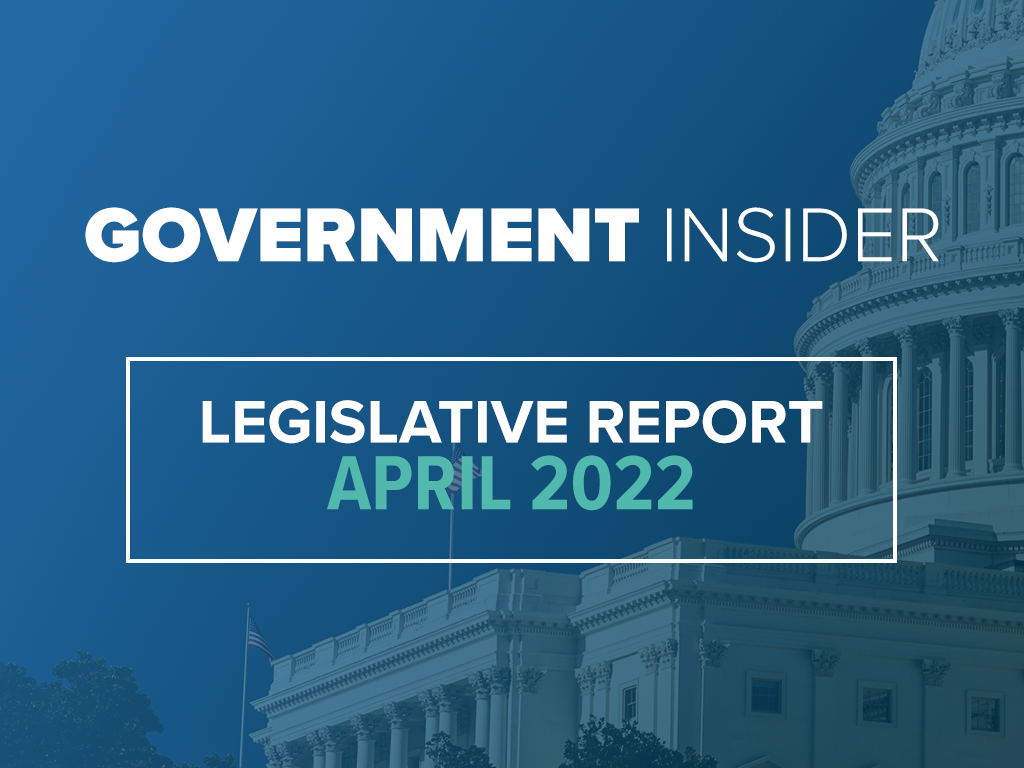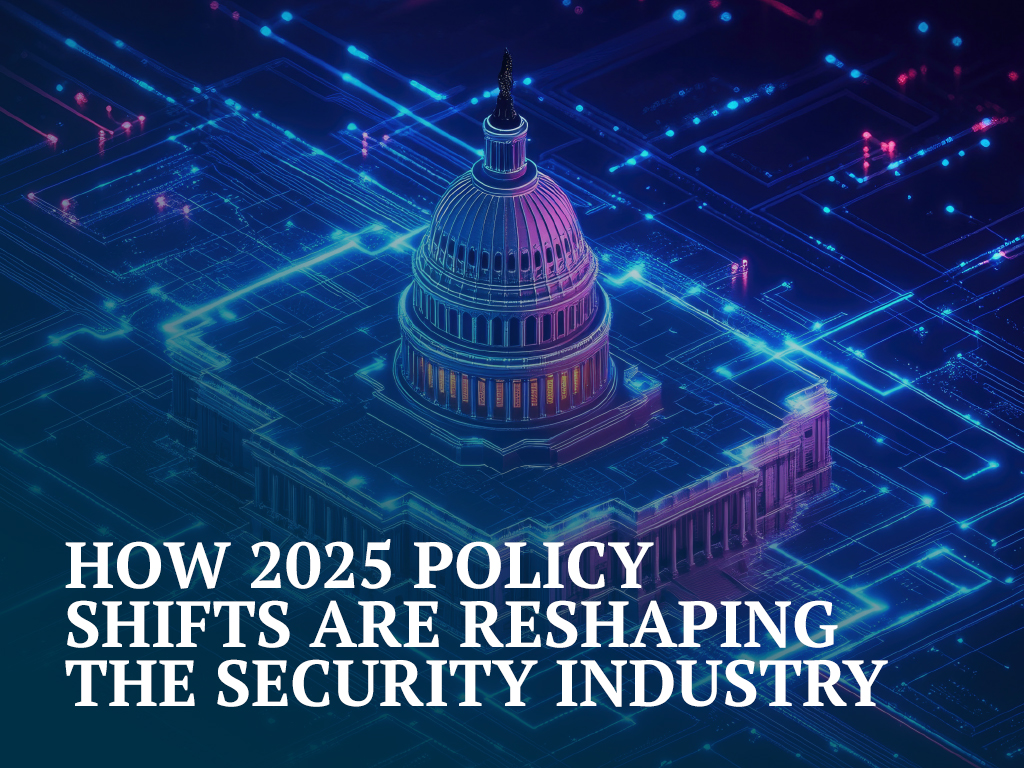Legislative Report April 2022

Here are highlights of legislative activity that could impact the electronic security and life safety industry from April.
Federal Legislative Summary – April 2022
The political divide in Congress is as wide as it has ever been, so no legislation of any significance is getting through both chambers. The only bill we tagged for monitoring in the month of April is HR 7628, the “IMPROVE the SBA Act”, which is a Republican lead effort to overhaul the Small Business Administration.
A bill we have supported in the past, the “JOBS Act” is included in the enormous bill, “United States Innovation and Competition Act of 2021”, HR 5421, which has passed both chambers in Congress. But there are about 1,200 pages missing from the Senate version that passed. The “JOBS Act” would make Pell grant funds available to students who wish to enter career and technical education programs for skilled trades, which would be an important measure to close the skills gap for high skill, high demand jobs in this country. Unfortunately, the bill is current wrapped up within a bill that could have many undesirable provisions in its current form.
We will be working with aligned business groups to support the good provisions and it will hopefully have a positive outcome.
Access the Members-Only Federal Legislative Report
State Legislative Summary – April 2022
Numerous bills we are tracking were enacted into law during April as several legislatures begin to wind down. Below are some of those enacted bills included in this report:
- Tennessee HB 1652 alters the automatic renewal and notification requirements on continuous service contracts signed by consumers. Members with a presence in that state should review the enrolled language to make sure there is no impact to your current contract language.
- Kentucky SB 176 creates a public policy on law enforcement use of facial recognition (FR) technology. As passed the bill creates a working group attached to the Justice and Public Safety Cabinet that shall establish a model policy for use by law enforcement agencies on how FR is used. The bill would exclude consumer products that use of FR technology that is intended for personal or household use. The bill does not address commercial use other than how law enforcement may use publicly or legally obtained images. Kentucky SB 180 was also enacted in April and it will create the Education and Labor Cabinet. It restructures the regulatory and oversight for numerous state agencies.
- Alabama SB 56 is another FR bill that was sent to the Governor. As filed, this bill would prohibit state or local law enforcement agencies from using artificial intelligence or a facial recognition (FR) service to engage in ongoing surveillance except for in certain circumstances. As passed, the bill simply prohibits using FR as the sole basis for obtaining a probable cause warrant along with certain other conditions. This could have ramifications for businesses that store FR information for business purposes if that information becomes part of a criminal investigation.
- Georgia SB 331 preempts local governments from adopting, maintaining, or enforcing any ordinance or resolution on the hours or scheduling that an employer is required to provide employees or otherwise regulate employee output during work hours. This bill will resolve problems created when cities begin passing ordinances regulating the hours or conditions of work of private employers within the city that exceed the requirements of the state. Cities that do this create significant market and administrative inequities for companies that do business in multiple jurisdictions.
- The Virginia Governor signed several bills we are monitoring in April. HB 78 relates to automatic renewal or continuous service contracts. SB 607 relates to home inspections and smoke detector requirements.
- Maine LD 607 (HP 443) was enacted in April and as passed; it will require the Department of Labor to educate businesses on overtime rules.
- The Maryland Governor had two (2) bills vetoed in April. SB 0275 establishes the Family and Medical Leave Insurance Program in the Maryland Department of Labor to provide certain benefits to individuals who take leave from employment for certain purposes. SB 0001 authorizes Commissioner of Labor and Industry to issue a stop work order for each work site where the Commissioner has made an initial determination that a contractor or subcontractor may have violated the prevailing wage requirements.
Access the Members-Only State Legislative Report




